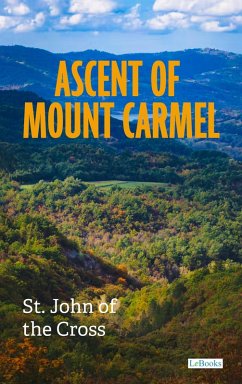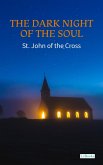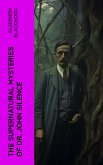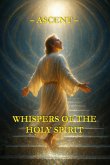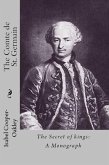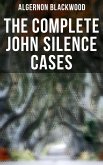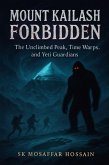Ascent of Mount Carmel is one of the foundational works of Christian mysticism. Written in the late 16th century, it outlines the spiritual journey of the soul toward union with God through a process of detachment, purification, and faith. John uses the image of Mount Carmel as a symbol of the arduous path to divine union: a narrow, demanding ascent that requires the soul to be stripped of all attachments, desires, and even spiritual consolations. The work is divided into three books. The first book focuses on the "night of the senses", the initial stage of purification, in which the soul detaches itself from earthly pleasures, external possessions, and emotional attachments. John insists that spiritual growth requires emptiness and silence, for God can only fill what has been emptied of self. The second and third books examine the "night of the spirit", a deeper and more painful detachment. At this stage, the soul is deprived of spiritual feelings and certainties, learning to rely solely on faith and love. This interior night is not a punishment but a way of transformation, preparing the soul to receive divine light directly. Throughout the text, John combines poetic imagery with precise spiritual instruction. The "ascent" is not only a metaphor but a map: the soul must pass through "nothing" (nada) to reach "everything" (todo). In this state of radical openness, the will aligns perfectly with God's will, and divine union is achieved. The book also serves as a practical manual for those pursuing the contemplative life, offering clear guidance on how to navigate the challenges and temptations of the spiritual path. John of the Cross (1542-1591) was a Carmelite friar, poet, and one of the most influential mystics in Christian history. A key figure in the reform of the Carmelite Order alongside Teresa of Ávila , he combined rigorous theological insight with lyrical language of extraordinary depth. His works - including Dark Night of the Soul and Living Flame of Love - continue to shape spiritual thought worldwide, offering a timeless vision of the soul's journey to divine union.
Dieser Download kann aus rechtlichen Gründen nur mit Rechnungsadresse in A, B, BG, CY, CZ, D, DK, EW, E, FIN, F, GR, H, IRL, I, LT, L, LR, M, NL, PL, P, R, S, SLO, SK ausgeliefert werden.

